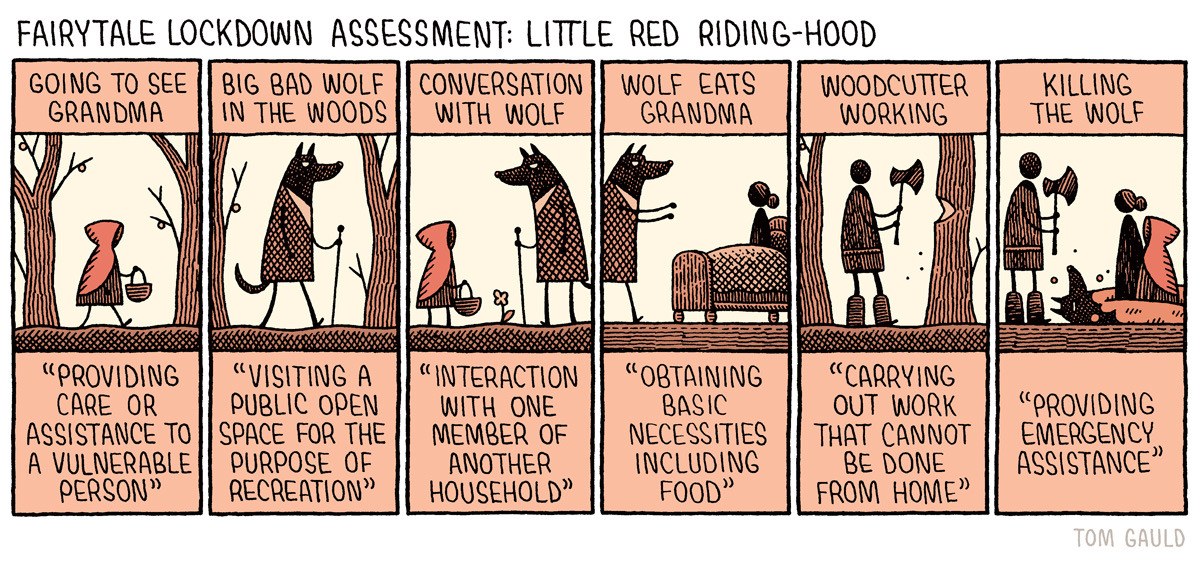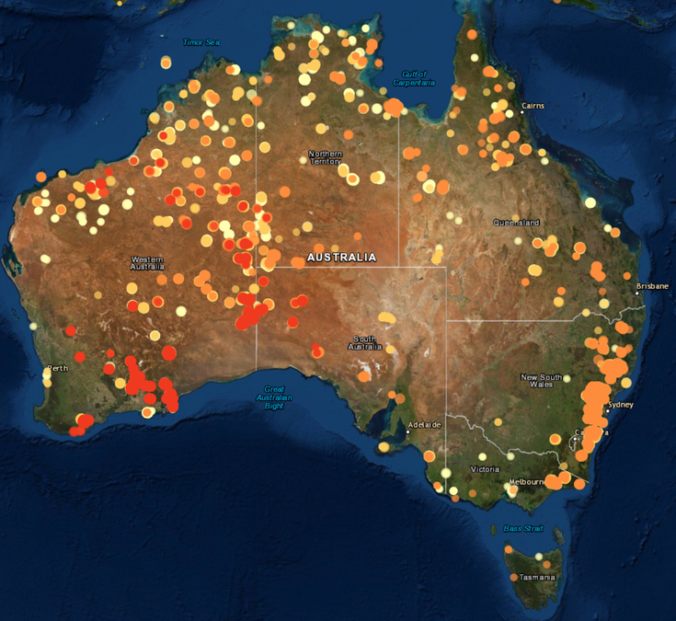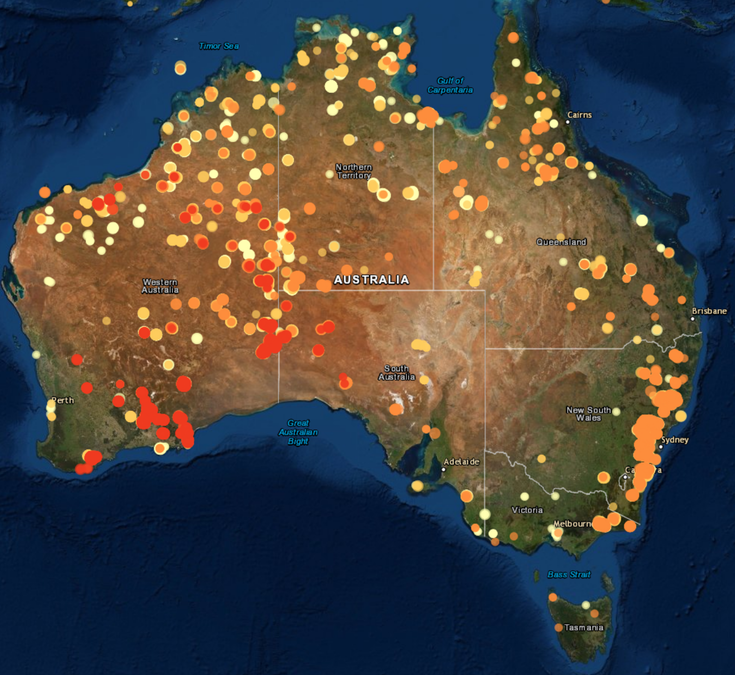Paul Failla (Independent) – Facebook Page – How To Vote Card
According to his website, Paul Failla is a FAIR DINKUM INDEPENDENT, a phrase that fills me with equal parts delight and trepidation. I’ve written about him before, as he is one of our hardy perennials who can be reliably found on the ticket at every council election. We also had an illuminating exchange on my Comments Policy page a few years back.
His How to Vote Card preferences Timpano, Naim and Farah, and puts Pulford last, with O’Callaghan, Bolton, and Pavlidis-Mihalakos making up the rest of his bottom four. So, that’s the Green and the Socialist in the bottom four, and (spoiler alert) my two least favourite independents in his top three. I fear that we shall not be friends, Failla and I.
Failla’s Facebook page is very concerned about people not knowing how to vote, which is entirely reasonable, as many of us have not done a postal vote before. So he’s done some nice community service making sure we know how that all works, thank you Mr Failla.
Alas, at this point we begin to part company, as Failla is OUTRAGED at the ‘draconian & disgraceful decision of calling an election whilst under Covid 19 lockdown’ which disenfranchises voters. Magnificent turn of phrase, less convinced that he is correct to blame the government for this one, as I *think* Council Election dates are pre-set? He is particularly angry that ‘little or no information has been directed to voters over the age of 70+’, who do need to vote.
I’m going to go on a brief tangent, here, because there are some interesting assumptions baked into all of this about how electoral information is accessed, which I think may be generational. Failla doesn’t feel that candidates can campaign properly in the current environment; but I wonder how much face-to-face campaigning normally happens for most candidates and most voters? Perhaps because I don’t take the train to work, it’s rare for me to have a face to face interaction with a candidate. I get doorknocked maybe once per election by one person. I may spot a few candidates as I ride past a station on the bike path, but that’s it. So it would never have occurred to me that being unable to campaign in person is a big issue.
Flyers, signs, posters, and of course online campaigns and forums are still happening, and these are, at least in theory, a cheaper and more efficient way to reach people, but I would be curious to know if this does make information less accessible to people, particularly older people? And in this COVID era, when we are all having our family gatherings over Zoom, I wonder if it is still reasonable to assume that older people can’t and won’t use the internet to find out about candidates and how to vote? How many people have been forced to become more technologically adept by the current situation? (And how many people have become more disenfranchised than previously by a lack of access to technology that is now essential for just about everything).
OK, back to Failla and his flyer, which reads – perhaps deliberately, as he has a way with words – a bit like a hostage note:
I am reaching out for your support via letter box drop and social media.
I do not have other means to contact you.
Due to strict Covid 19 restrictions.
The postal election declared by the Local Government Minister for 24 October 2020 should have been deferred.
It has been declared with insult & abuse of power while we are in Covid 19 restrictions.
(As it happens, all but four of the 2016 Council Elections happened by post and Moreland was one of the four, so I think we were going to go postal in any case, but I guess voting and campaigning are two different things.)
Failla’s platform is heavy on cleanliness and resources for elderly and disabled citizens. He is worried about hygiene on public facilities and clean waterways, and wants to review rubbish cullection, and he is angry about ‘potholes, broken footpaths and rubbish all over’. Oh, I remember him being angry about this last time, too! It’s true that we do have some very bad footpaths around Moreland. But they probably are not the thing that make me the most angry.
He wants to upgrade Elderly Citizen Centres and create a rehab Centre in Moreland, and he wants to lobby Federal and State Governments to fund creation of state of the art public nursing homes. Very on topic, and I can’t argue with that. He’s unhappy about parking restrictions, and there is a definite aura of ‘the council is corrupt and we need to review everything’ about the whole thing. I do like his plan for a permanent shelter for the homeless, and his policy of ‘support local business, buy local, local employment’.
Overall verdict? Look, Failla seems a little bit nutty around the edges, and he has questionable taste in friends, but there are some decent ideas in there, too. He doesn’t seem to have signed the rainbow pledge, or participated in any of the surveys about cycling, walking or the environment, which is a pity. I don’t think he will go high on my ticket, but there are definitely worse options.
Edited to add: And an acquaintance just drew this post to my attention. Make Moreland Great Again? Oh dear…
Lynton Joseph (Independent) – Facebook Page – How to Vote Card
Lynton Joseph is brand new to me, and I am rather charmed. His flyer tells me that his platform is:
- Provide additional support services for the elderly
- Supporting every initiative to rescue the Moreland Community to recover from Covid-19
- Establish an animal shelter in Moreland
- Maintain and further develop open space
- Provide mentoring and support services for adolescents
- Keep Moreland Safe
Which is lovely in general, but EVEN BETTER when you learn that in addition to being a tennis coach and a marriage celebrant, he is also a part-time Elvis Impersonator.
Stop right there, Mr Joseph. I have an important question for you: Do you perform Elvis weddings? THE PEOPLE OF MORELAND NEED TO KNOW.
(I do like the fact that his flyer includes his stellar Elvis work and says ‘About time an Elvis Tribute Artist became a Councillor’. Can’t argue with that.)
More seriously, his CV is quite impressive, and includes running sporting and other programs for young people with disabilities, volunteering for a support line for bereaved parents, and raising funds and awareness for Sands, after losing his son to stillbirth. Oh, and he did Relay for Life. Good man! In fact, doing sporty things to support community causes or help provide opportunities for disadvantaged people seems to be his signature thing.
Joseph has signed the Rainbow Pledge (and indeed, his flyer says that he enjoys ‘making new beginnings beautiful for ALL couples in love’), and he has some creative ideas in response to the Walk On Moreland questionnaire (also some very strong feelings about mobile phone use while walking).
His How To Vote card favours fellow independents Dhedhy, Clarke and Pavlidis-Mihalakos, then passes the vote to Carli-Hannan of the Labor Party before donkey voting the rest of the ticket. That’s a little disappointing, honestly, but it does seem to be a common theme this election – evidently the candidates got as tired of researching 18 other people as I did…
Overall, though, I like this guy. While it’s early days, I reckon he’s going to be pretty high up my ticket. The People’s Republic of Moreland definitely needs more Elvis Impersonators with a penchant for community charities.
Dean O’Callaghan (Independent for Climate Emergency Action) – Website – Facebook Page – How To Vote Card
O’Callaghan seems to be exactly what he says on the tin – an Independent who believes that we are in a climate emergency and is running for council. Here is the start of his manifesto (which can be found in full on his Facebook page):
Did you know that 150-200 species of plant, insect, bird and mammal become extinct on our planet every 24 hours? Earth is in the midst of a mass extinction of life. This is not acceptable for me as a resident of the richest, most educated city, of the richest, “luckiest” country on the planet. I am running to get Moreland Council to undertake an emergency response to global warming and biodiversity loss…
And off we go. I’ll start by saying that if I sound very frivolous about all of this, it’s because I find it very hard to think about the climate emergency seriously, because it absolutely terrifies me. I admire people who are able to look it in the face, but I’m not one of those people. (I tend to try to do my bit without thinking too much about it, honestly) O’Callaghan clearly is.
O’Callaghan’s Facebook page tells me that he has been running in local, State and Federal elections and supporting Save the Planet since 2011, and his flyer tells me he has been living and running a business in Moreland for more than 12 years, yet strangely he has not crossed my political radar in that time. (Not sure how I’ve managed to miss him, but perhaps he’s been running in other wards, or in years when I only looked at parties and not individual candidates.) He is righteously infuriated by the Federal Government’s inaction on climate change, and unimpressed by the ALP’s unwillingness to let go of coal.
All of which I agree with, but how do you change the world on a local level? For this, I went to O’Callaghan’s website, which is a copy of his flyer, ready for printing – and because of the way flyers are folded, this means that the first statement to grace my eyes was
We can build composting toilets!
Well then.
I mean, I’m sure we can, but it isn’t the slogan that I, personally, would take to an election.
Fortunately, the flyer, when read in order, is much more useful. O’Callaghan’s actual slogan is ‘Strength in community to build climate change immunity’. OK then. O’Callaghan then outlines the scope of the ecological and humanitarian catastrophe, and asks what changes can be made at a Council level to deal with this. His solutions?
- Set up sustainable food production incubators where people learn to grow and ferment/preserve vegetables
- Have recycling systems where resources are ACTUALLY recycled
- Encourage businesses to be closed loop carbon neutral models with annnual award programs and grants to incentivise climate aware systems
- We can build composting toilets!
Each of these is described in some detail, and O’Callaghan posits that this will actually save the council money. He also wants to do things like energy efficiency upgrades and changing the council fleet to electric/bike based vehicles.
There is a cartoon mocking a certain Hawaiian holiday, and an endorsement by the Good Brew Company, which appears to be O’Callaghan’s solar brewed kombucha business (there has to be some sort of hipster bingo card for that, surely).
O’Callaghan has committed to the rainbow pledge and participated in the various forums and interviews by Climate Action Moreland, the Bicycle Users Group, and Walk On Moreland. The latter has some very good ideas and also this idea, which is certainly an idea alright, but holy hell:
9. What strategies are needed by Council, in collaboration with the State Government, to introduce a driver education campaign in regard to stopping for, giving way and slowing down for pedestrians at intersections, zebra crossings, school crossings and other hot spots?
Institute a popup inflatable child that instantly inflates in front of cars doing 60km+ in school zones that pop with violent explosion of red paint.
(As this is potentially triggery for anyone who has witnessed a pedestrian accident, I’ve made the text a similar colour to the background – highlight it with your mouse to read)
… because that certainly couldn’t cause any accidents. Dear God.
His How to Vote card preferences Pulton of the Greens and Bolton of the Socialists, and we are then exhorted to number the remaining boxes in order of preference, but ‘Put gas & coal sponsored parties LAST’.
Right-oh, then. I’m honestly not sure I can do much more analysis of this, I’m still recovering from his inflatable child idea. Oy.
Overall? O’Callaghan’s priorities are excellent and important, and he has some good ideas. He also has some less good ideas, and he strikes me as a little INTENSE, to say the least. That or he has an extremely dubious sense of humour. My strong suspicion is both.
He won’t be at the bottom of my ticket, but he won’t be at the top, either.
Anthony Helou (Independent) – Website – Facebook Page – How to Vote Card
Anthony Helou is a former Mayor of Moreland who has run in every election since I have been living in Moreland, and plenty more before that. I’ve written about him before, in 2012 and 2016. He’s formerly ALP, and seems to have been involved in a fair bit of factional politiciking. Last election, Helou was warning us all not to trust Independents… but times have evidently changed, because here he is, running as an Independent himself. Indeed, not only is he running as an Independent, his how to vote card favours fellow independents Naim, Pavlidis-Mihalakos, Failla, Timpano and Clarke, before doing a reverse donkey up the rest of the ticket. Moreland Labor is not getting Helou’s vote this time.
Helou’s Facebook page sees him running very much on his record as a Councillor of many years’ standing. He is a ‘strong, experienced and active’ member of council, and he encourages people to contact him by phone or email.
He has a professionally produced promo video, full of stock footage and dramatic music, which warns us all that four years is a long time and this election is critical, and plays on our fears of the unknown.
Do you want strong representation that receives results, or someone that makes false promises? Can you afford to vote for unknown candidates? Sign a blank checque for someone you don’t know? Do you want to walk into a dark room and start guessing? Just turn the light on! And find out about each candidate and see who they really are? Do you want to vote for candidates that you don’t know?
Helou wants us to think of him as a known quantity – as opposed to all those unknowns with hidden agendas. His slogan ‘Let’s get Moreland Moving Again’ suggests that it ground to a halt when he got voted off Council eight years ago. He also wants us to know that he will focus on the real job and not be distracted by party politics.
What’s interesting about this campaign is that it only looks backwards, and not forwards. His Facebook page is all about his achievements between 1996 and 2011. There is no policy platform other than getting Moreland moving again – presumably back on the track from which it diverged eight years ago. Back to the good old days.
His website does a bit better on policy, which is to say, it has some. He’s keen on things like parking, transport, and infrastructure (Fair Parking Moreland approves of him), keeping rates low, and fostering local business. He wants to foster multiculturalism, improve childcare, and support community festivals. Actually, his priorities are very similar to those of Paul Failla.
It feels very old-fashioned, almost retro in a way that is hard to define. These feel like the same policies we were all voting for back in 2000, and there is nothing wrong with any of them, but they haven’t really changed to meet the current challenges we are facing. Climate action is mentioned only in passing; rubbish collection and street cleaning are commented on, but not recycling; we are against racism, but other forms of marginalisation don’t seem to exist. It’s notable that Helou hasn’t committed to the Rainbow pledge, or been involved in any of the surveys about walking, cycling, or climate action in Moreland. I don’t get the sense that he is necessarily averse to any of these things (though he could be) – it feels more like these are young people issues and he is not a young person or looking for the votes of young people.
And by young, I guess I mean ‘under-45’, because I’m 44 and those are issues that are important to me.
He’s not awful, but I don’t want to step into a time machine and go back 20 years, unless I get to change the future once I get there. I think I’d rather vote for O’Callaghan.
BEST OF THE BATCH
Lynton Joseph, for sure. Comes across as a kind, caring person, with some useful community organising experience and a sense of humour. Also, and I cannot emphasise this enough, Elvis impersonator.






